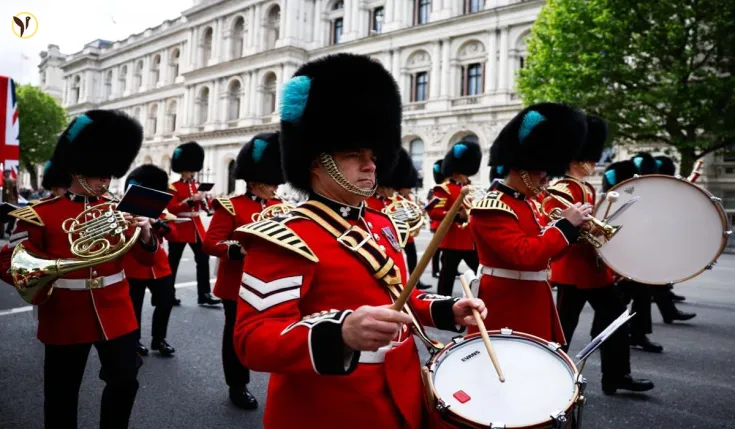Remembering VE Day: Churchill's Triumph and a Nation's Joy
Eighty years ago, on May 8th, 1945, London exploded. Victory in Europe (VE) Day! The streets went wild. It was the end of World War II in Europe – a moment that still feels electric, even all these years later. I wanted to share what I've learned about that incredible day, especially Winston Churchill's role, and why it still matters today.
Churchill's VE Day: A Very British Thank You
Churchill, after his official broadcast – can you even imagine the weight of that? – led a whole bunch of MPs to St. Margaret's Church for a service of thanksgiving. The procession was huge, a real symbol of national unity. You could see the smiles on some faces, but others...well, others were carrying the immense burden of loss. The human cost was staggering.
It wasn't just that one service, though. Twenty similar services were happening at St. Paul's Cathedral! The joy was everywhere, a massive wave of relief washing over the entire country. Imagine the sheer scale of that collective sigh of relief.
Later, Churchill addressed a massive crowd outside the Ministry of Health. His words were incredible. He didn't take credit, instead saying, "This is your victory... This is not a victory of a party or of any class. It's a victory of the great British nation as a whole."
He spoke about what they'd been through, recalling the Blitz: "The lights went out and the bombs came down. But every man, woman, and child in the country had no thought of quitting the struggle." He praised their resilience, their unbelievable ability to "come back after long months from the jaws of death… out of the mouth of hell." Chilling, powerful stuff.
And then, the icing on the cake: Churchill joined King George VI and the Royal Family on the Buckingham Palace balcony. A truly shared national moment.
But it wasn't just London. The celebrations were nationwide. The sheer sense of relief...you just have to imagine it. And thinking about it today, with the ongoing conflict in Ukraine, it really highlights the constant need for global unity against tyranny.
A Legacy of Resilience and the Fight for Freedom
VE Day's 80th anniversary is a powerful reminder of the enormous struggle against what Churchill called a "monstrous tyranny." The horrors of Hitler's regime still send shivers down your spine. The war in Ukraine shows us that the fight for freedom and democracy is sadly, never truly over.
Churchill's leadership, although sometimes controversial, is a lasting symbol of grit and determination. His speeches, especially that VE Day address, inspired hope. They still resonate deeply. His relationship with Australia’s High Commissioner, Stanley Melbourne Bruce, shows the complexity of wartime alliances and the importance of shared values during crises.
More Than Just a Celebration
VE Day wasn't just a party; it was proof of the incredible resilience of the human spirit and the unbelievable power of unity in the face of oppression. Churchill's part in this pivotal moment cemented his place in history. And the commemorations, past and present, remind us to cherish the freedoms won at such a cost and to stay fiercely vigilant against the threats to democracy that are always lurking.






